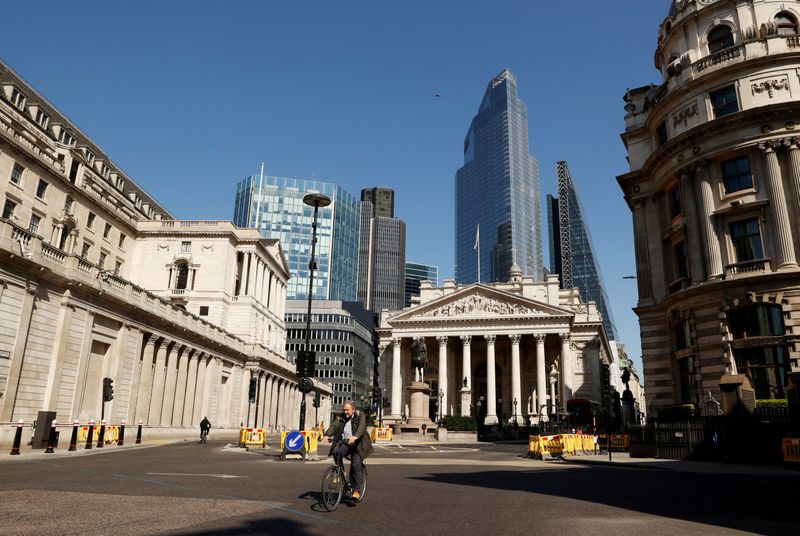
“It’s always wise, and particularly in these circumstances, not to rule anything out for ever,” Bailey said during a webinar organised by the Financial Times. “It is not something we are currently planning for or contemplating.”
Central banks elsewhere in Europe and in Japan have tried negative interest rates with mixed results. The idea is to discourage banks from holding excess cash and to encourage lending, boosting business investment and consumer spending.
Bailey said taking rates below zero in Britain would require “an extensive communications exercise” because it would not simply represent a normal move lower in interest rates.
“I think from a communications point of view, and therefore from a reaction and expectations point of view, it is a very big step,” Bailey said, reiterating the BoE’s long-standing view that negative rates would cause banks problems.
The BoE cut its Bank Rate twice in March to an all-time low of 0.1%.
Bailey said it was unclear just how big the slump underway in Britain’s economic output will turn out to be, or how badly it would scar the economy and damage longer-term growth.
He said financial markets had calmed down since the BoE and other central banks took coordinated action to help avert economic collapse during the early part of the coronavirus crisis, but that there remained an “underlying fragility”.



